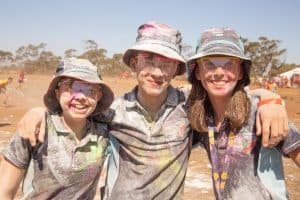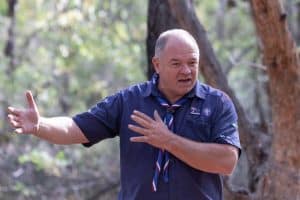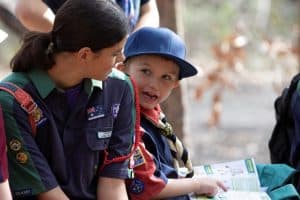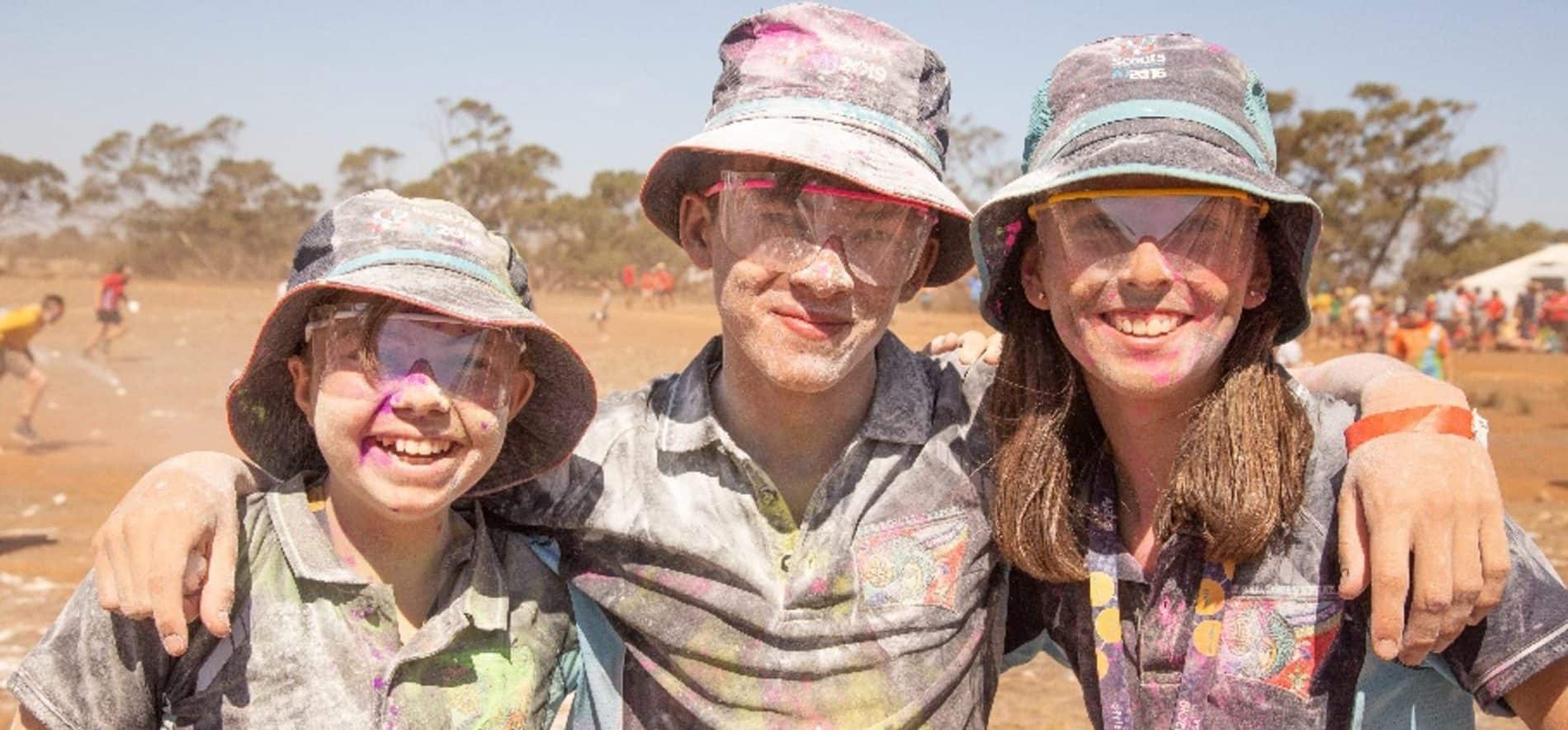Children and adolescents require more than intellectual growth and physical health to become happy, successful adults. They also need to develop the social skills necessary for positive relationships with others. The importance of quality childhood friendships for well-being both during childhood and later in life has been established, and Scout programs specifically focus on fostering those friendships, along with teaching, modelling, and practicing social skills.
What is the focus of Scouting?
1. Focus on Friendship
Scout Leaders view their primary role as one of facilitating friendships and positive experiences. They help Scouts build social skills with exercises in communication, leadership, and team-building like “ice-breakers”. Making friends is a crucial part of the Scout experience, and with the help of Leaders, children learn and practice their friend-making skills.

2. Camp Experiences Foster Friendships & Develop Scouts Social Skills
Scouts feel a sense of belonging, social acceptance and understand their value to the Scouting community while on camp. Leaders allow Scouts to practice skills like cooperation, altruism, and empathy. Minimal screen time during camps means improved ability to label emotions in facial expressions and more face-to-face communication.

3. Meeting New People
Children who share Scouting hobbies in close quarters, share activities and mealtimes and gather around in discussion get an intense burst of time with one another and often report feeling closer to their friends at Scouts than to their school friends. Because they are with each other so much, Scouts spend more time in the intentional, directed conversation! Leaders push Scouts to practice talking to new people, figure out appropriate self-disclosure, and ask questions to get to know each other.


